Our Educational Model
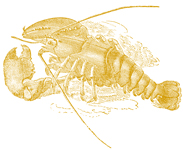
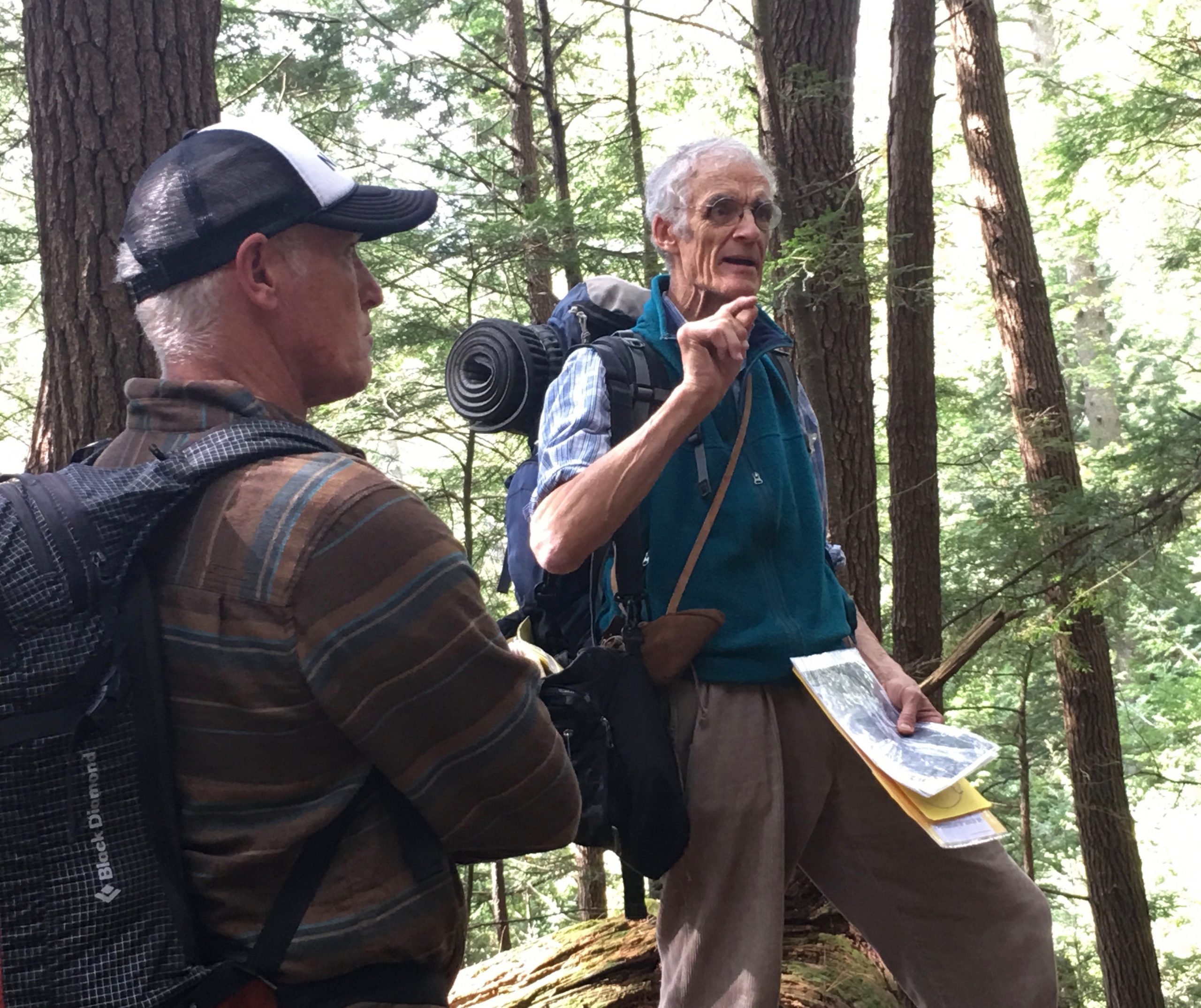
UofWild founder Larry Buell
Our Unique Perspective
The UofWild experience is not a typical course of study designed to prepare students for a career in a certain existing field. It is, rather, a multi-disciplinary, multi-modal, open-ended exploration of nature, humans, and life – how it is all connected and how it can – must – be preserved. It is a program designed for the future but rooted in the deep past and in the depths of the human psyche.
The starting point for this grand exploration is a deep pool of knowledge about ecology, historical perspectives about man’s connections to the natural world, the wisdom and spiritual traditions of indigenous cultures that allowed (and still allow) much tighter integration with nature. To this background will be added an exploration of what the natural world might be like in the future and how humans can and will shape it.
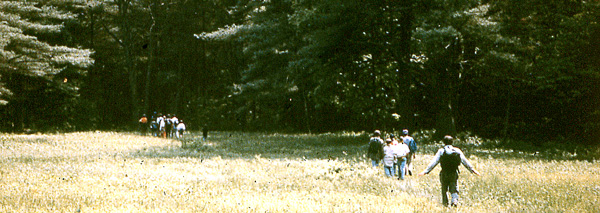
The philosophical foundations and the proposed practices of the University of the Wild come from a long tradition of alternative education endeavors: from classrooms like Summerhill and Friends World College to the writings of Ivan Illich’s Deschooling Society and Noam Chomsky’s On MisEducation. Historically, western-style institutions of economics, religion, government, and education have served collectively to perpetuate an anthropocentric, consumerist, and ultimately unsustainable worldview.
The University of the Wild subverts that paradigm by grounding education in the source of life – the Earth – and in the practice of living as lightly, self-sufficiently, consciously, and joyfully as possible with the whole Earth community of people, plants, wildlife, soil, water, etc., in a particular place.
A truly comprehensive ecological education, with tangible alternatives and practical benefits for the learner, society, and the Earth may be the only long-term way to address the crises and opportunities facing humanity and the planet today – from our rapid loss of biological diversity to global warming to the marginalization of indigenous peoples.
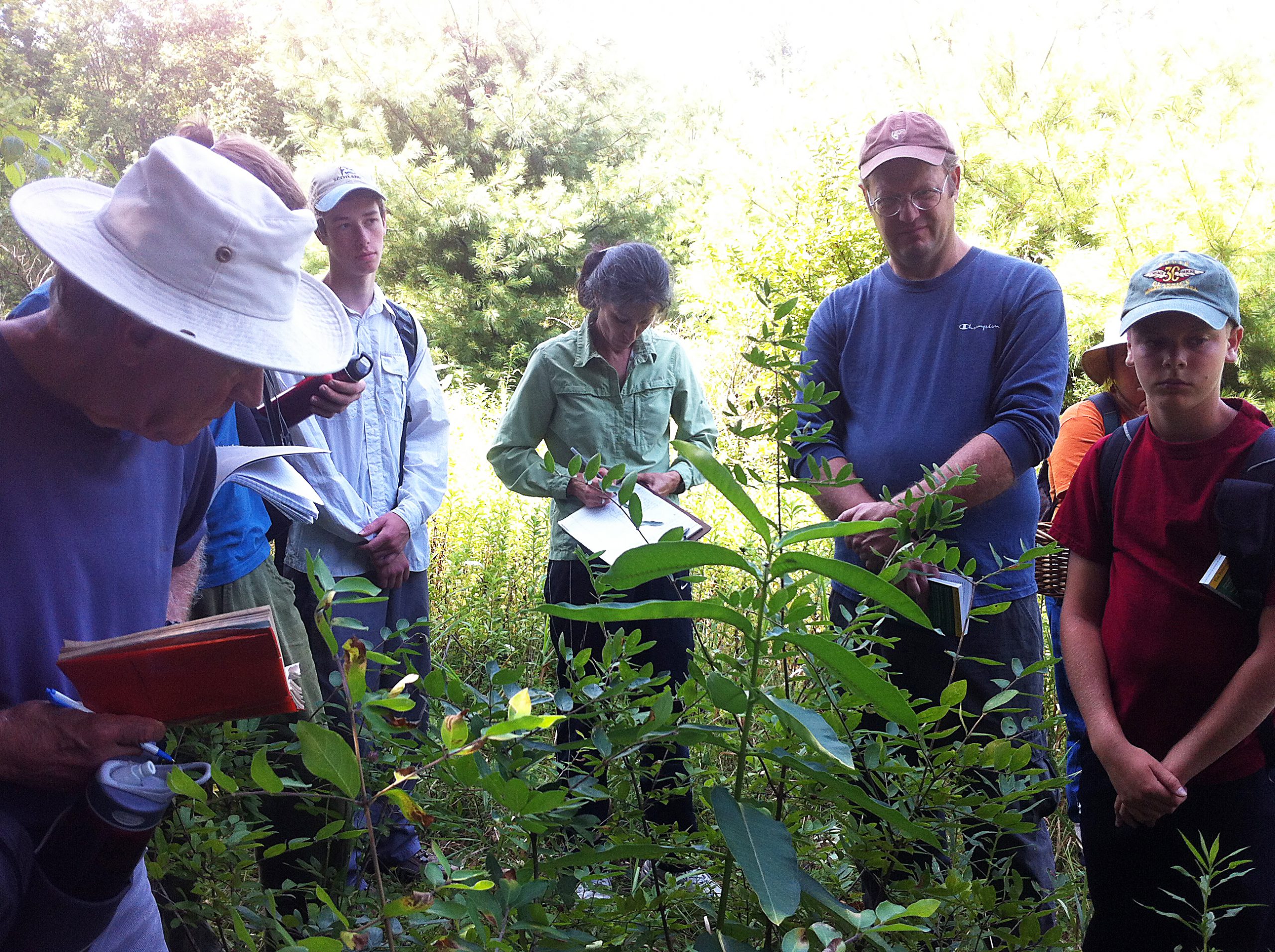
A Holistic Approach
UW follows a holistic approach to environmental education, exposing students to a broad and deep range of information from many different sources such as
1. historical wisdom from millennia of indigenous peoples around the world;
2. contemporary scientific knowledge from the such fields as ecology, biology, bio-mimicry, and ecopsychology;
3. state-of-the-art current research from around the world;
4. daily contact with teachers, elders, mentors, thinkers, practitioners, experimenters, researchers, world travelers, local sages, and indigenous peoples.
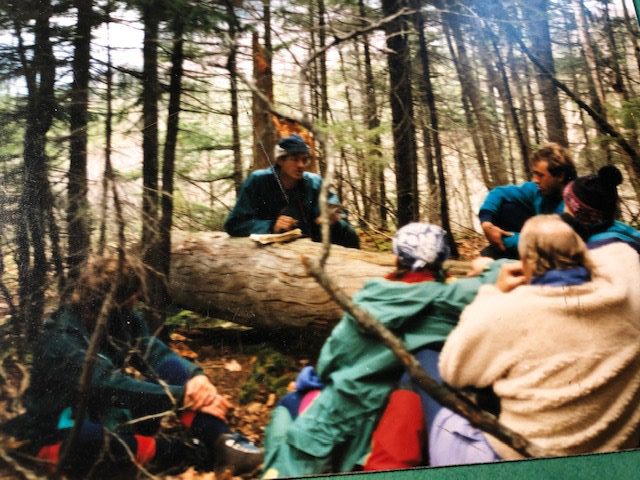
Students are guided to become free-range thinkers; free to draw from all cultures and disciplines, past, present, and future; free to experiment with ideas and connections; free to question. Free to come up with new ideas for educating and shaping the human conscience towards sustaining life on our planet; beyond climate change, beyond plastic in the oceans.